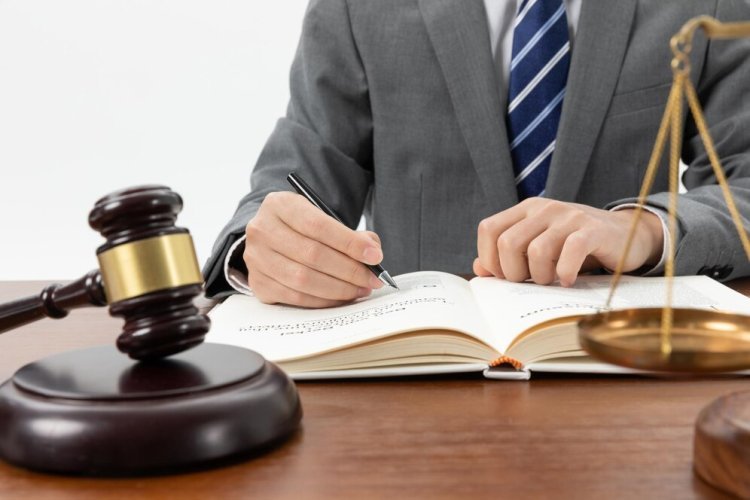How Can Parties Enforce International Arbitration Awards Under the New York Convention?
Enforcing international arbitration awards is a crucial aspect of arbitration, ensuring that parties receive the benefits of their legally obtained decisions. The New York Convention of 1958 (Convention on the Recognition and Enforcement of Foreign Arbitral Awards) is the primary legal framework governing the enforcement of arbitration awards across jurisdictions.

Enforcing international arbitration awards is a crucial aspect of arbitration, ensuring that parties receive the benefits of their legally obtained decisions. The New York Convention of 1958 (Convention on the Recognition and Enforcement of Foreign Arbitral Awards) is the primary legal framework governing the enforcement of arbitration awards across jurisdictions. This blog explores the enforcement mechanisms under the New York Convention and the role of international arbitration law firms in assisting clients with successful enforcement.
1. Understanding the New York Convention
The New York Convention is an international treaty ratified by over 160 countries. It obligates signatory states to recognize and enforce arbitral awards made in other contracting states, subject to limited exceptions.
Role of International Arbitration Law Firms:
Legal experts assist clients in navigating the complexities of the Convention, ensuring compliance with local legal requirements for enforcement.
2. Initiating Enforcement Proceedings
To enforce an arbitral award, the winning party must file an enforcement application in the jurisdiction where the losing party has assets. The application typically includes:
-
A certified copy of the arbitration award.
-
The original arbitration agreement.
-
A translation of these documents if required by local courts.
Role of International Arbitration Law Firms:
Law firms guide clients in preparing enforcement applications, ensuring that all necessary documentation meets local court requirements.
3. Grounds for Refusing Enforcement
While the New York Convention favors enforcement, Article V outlines limited grounds on which courts may refuse recognition, including:
-
Incapacity or invalidity of the arbitration agreement.
-
Lack of proper notice or due process violations.
-
The award exceeding the scope of arbitration.
-
Procedural irregularities or the composition of the arbitral tribunal.
-
Public policy violations.
Role of International Arbitration Law Firms:
Legal counsel anticipates and counters potential objections, ensuring smooth enforcement proceedings.
4. Judicial Review and Court Involvement
National courts play a crucial role in enforcing arbitration awards. While courts generally respect the principles of the Convention, judicial intervention may arise in cases of non-compliance or challenges.
Role of International Arbitration Law Firms:
Attorneys represent clients in court proceedings, arguing for the recognition and enforcement of awards while challenging any undue resistance.
5. Strategies for Successful Enforcement
To enhance the likelihood of enforcement, parties should:
-
Choose arbitration-friendly jurisdictions.
-
Ensure compliance with procedural requirements.
-
Anticipate and mitigate possible objections.
-
Engage experienced legal counsel.
Role of International Arbitration Law Firms:
Expert legal advisors develop enforcement strategies tailored to the specific jurisdictions involved, increasing the chances of successful award recognition.
6. Challenges in Cross-Border Enforcement
Despite the Convention's effectiveness, challenges may arise, such as:
-
Resistance from losing parties.
-
Bureaucratic hurdles in certain jurisdictions.
-
Political or economic factors affecting enforcement.
Role of International Arbitration Law Firms:
Law firms leverage their global networks and expertise to overcome enforcement barriers, utilizing diplomatic and legal channels as necessary.
Conclusion
The New York Convention provides a robust framework for enforcing international arbitration awards, ensuring legal predictability and stability in cross-border disputes. International arbitration law firms play an instrumental role in guiding clients through the enforcement process, overcoming challenges, and ensuring compliance with legal requirements. By understanding the enforcement mechanisms, businesses can maximize the benefits of arbitration as a reliable dispute resolution mechanism.
What's Your Reaction?















